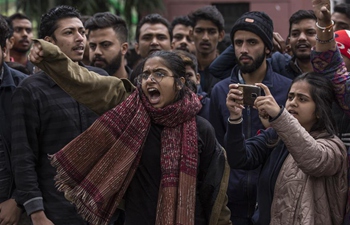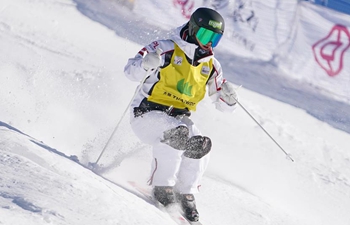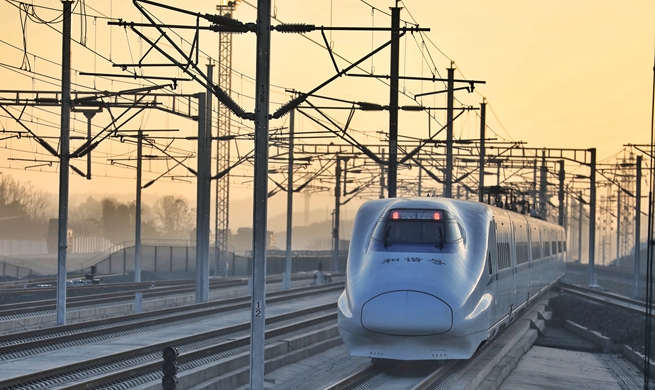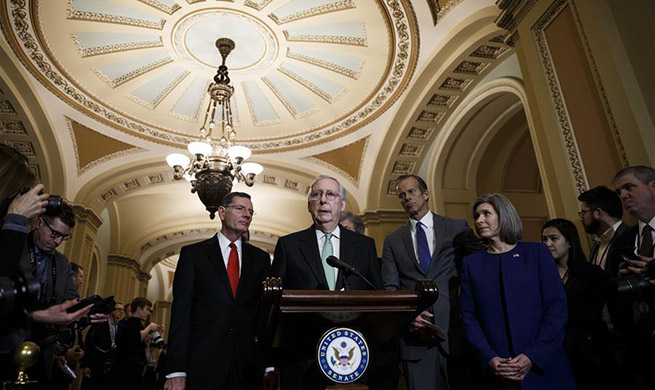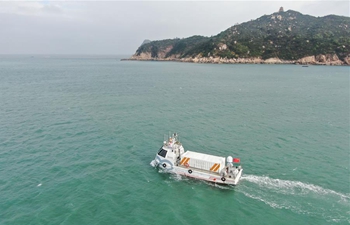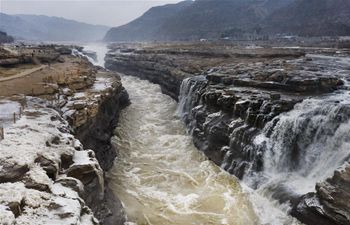WASHINGTON, Dec. 17 (Xinhua) -- Artificial intelligence (AI) can outperform existing models at predicting which women are at risk of breast cancer, according to a study published Tuesday in the journal Radiology.
Researchers from the Karolinska Institute in Stockholm developed a risk model based on a deep neural network, a type of AI that can extract vast amounts of information from mammographic images.
The model was trained on mammograms from cases diagnosed between 2008 and 2012 and then studied on more than 2,000 women ages 40 to 74 who had undergone mammography. Among the 2,283 women in the study, 278 were later diagnosed with breast cancer.
The deep neural network showed a higher risk association for breast cancer compared to the best mammographic density model, according to the study.
Also, the false negative rate -- the rate at which women who were not categorized as high-risk were later diagnosed with breast cancer -- was lower for the new model than for the best mammographic density model.
Currently, most breast cancer screening programs are based on an "one size fits all" mammography at similar time intervals, annually or every two years.
"Effective risk prediction can improve attendance and confidence in screening programs," said Karin Dembrower, the study's lead author and a breast radiologist at Karolinska Institute.
The AI approach can also be continually improved with exposure to more high-quality data sets, according to the researchers.





